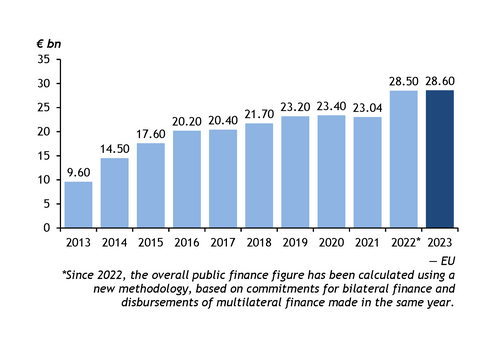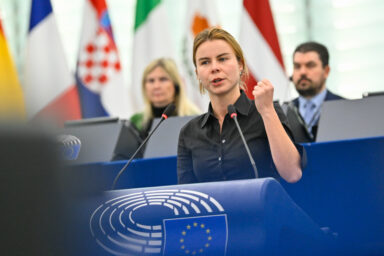Economic and financial ministers of EU’s member states have approved conclusions on tax incentives to support the Clean Industrial Deal. The move is an important step towards increasing funding for the fight against climate change just a few weeks before the landmark UN Climate Conference COP30 to be held in Brazil.
The Council confirmed approval in a press release on Friday, noting that it will be up to each member state to decide whether and how to apply the new tax tools, such as targeted tax credits or accelerated depreciation, based on their own economic and fiscal context. Simplicity, cost-effectiveness and flexibility are key principles, with national governments encouraged to keep the incentives workable for both businesses and tax authorities. While the EU sets the strategic direction, implementation will largely depend on national choices, coordination, and the sharing of best practices across borders.
The EU strongly supports the transition to a low-carbon, more resource-efficient and sustainable economy. This is part of efforts to achieve its climate and energy goals in line with the Paris Agreement and the 2030 UN Sustainable Development Goals.
The EU and its member states are the largest provider of public climate finance in the world.
You might be interested

EU as the world’s biggest climate finance provider
In 2023, the European Union and its 27 member states contributed €28.6bn in climate finance from public sources and mobilised an additional €7.2bn in private finance to support developing countries to reduce their greenhouse gas emissions and adapt to the impacts of climate change. Half of the public funding was dedicated to either climate adaptation or cross-cutting action (involving both climate change mitigation and adaptation initiatives) in developing countries.
Under the EU’s recovery plan Next Generation EU, 37 per cent of the €672.5bn Recovery and Resilience Facility is being spent on climate-related objectives. An overall climate target of 30 per cent applies to the total amount of expenditure from the long-term EU budget for 2021-2027.
Contributing to climate finance is an important part of the 2015 Paris Agreement. The agreement set a goal of $100bn per year for developed countries’ contribution to international climate finance until 2025. Before 2025, the parties to the UN Framework Convention on Climate Change are expected to set a new collective goal.
COP30 as a milestone?
Global debate on the future financing of climate change mitigation measures is expected at the upcoming United Nations Climate Change Conference which will be held in Belém, Brazil in November 2025.
The European Union still has ambitions to act as a global climate leader at COP30. However, the EU’s position is now complicated by disputes between member states over whether to adopt the 2040 Climate Target or not. In addition, some European countries have recently seen a rise in the popularity of far-right parties, which generally reject measures to combat climate change.











